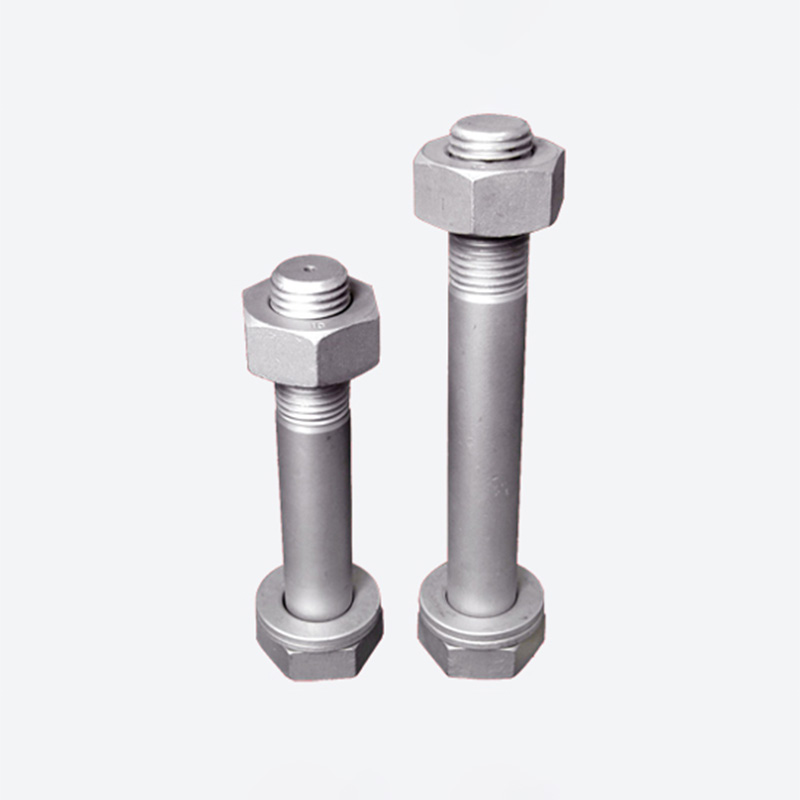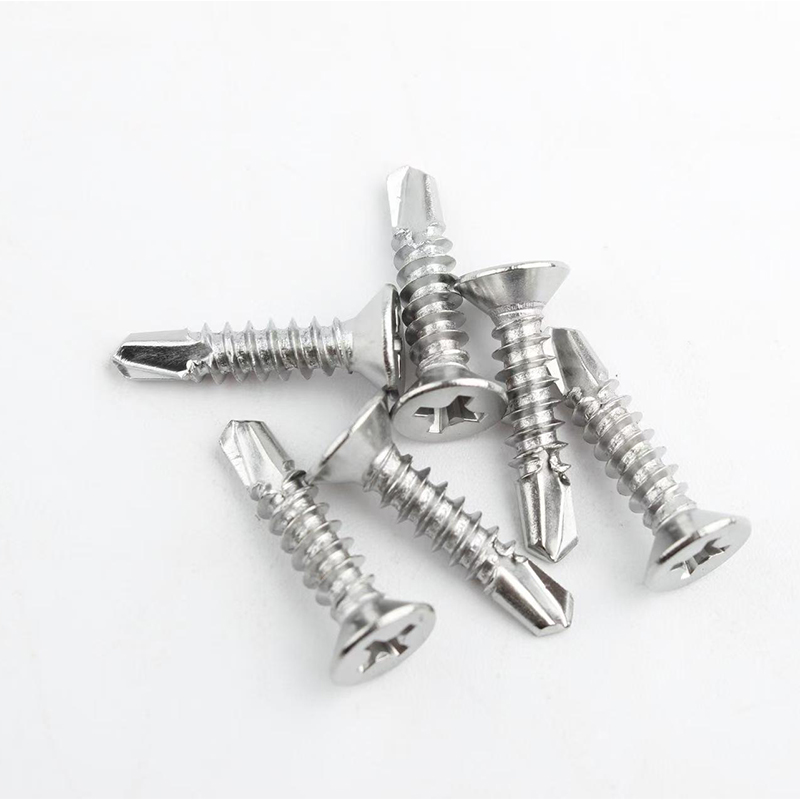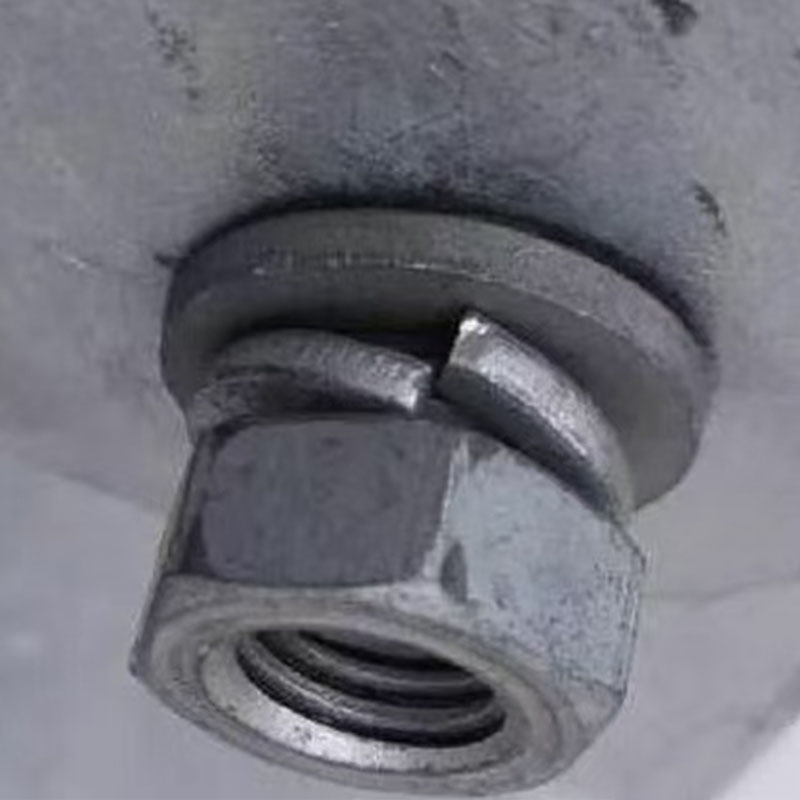- English
- Chinese
- French
- German
- Portuguese
- Spanish
- Russian
- Japanese
- Korean
- Arabic
- Irish
- Greek
- Turkish
- Italian
- Danish
- Romanian
- Indonesian
- Czech
- Afrikaans
- Swedish
- Polish
- Basque
- Catalan
- Esperanto
- Hindi
- Lao
- Albanian
- Amharic
- Armenian
- Azerbaijani
- Belarusian
- Bengali
- Bosnian
- Bulgarian
- Cebuano
- Chichewa
- Corsican
- Croatian
- Dutch
- Estonian
- Filipino
- Finnish
- Frisian
- Galician
- Georgian
- Gujarati
- Haitian
- Hausa
- Hawaiian
- Hebrew
- Hmong
- Hungarian
- Icelandic
- Igbo
- Javanese
- Kannada
- Kazakh
- Khmer
- Kurdish
- Kyrgyz
- Latin
- Latvian
- Lithuanian
- Luxembou..
- Macedonian
- Malagasy
- Malay
- Malayalam
- Maltese
- Maori
- Marathi
- Mongolian
- Burmese
- Nepali
- Norwegian
- Pashto
- Persian
- Punjabi
- Serbian
- Sesotho
- Slovak
- Slovenian
- Somali
- Samoan
- Scots Gaelic
- Shona
- Sindhi
- Sundanese
- Swahili
- Tajik
- Tamil
- Telugu
- Thai
- Ukrainian
- Urdu
- Uzbek
- Vietnamese
- Welsh
- Xhosa
- Yiddish
- Yoruba
- Zulu
- Kinyarwanda
- Tatar
- Oriya
- Turkmen
- Uyghur

ගඩොල් පරිසර හිතකාමී විකල්ප සඳහා පුළුල් කිරීමේ බෝල්ට් ද?
2025-08-08
ගඩොල් බිත්තිවලට බර වස්තූන් සුරක්ෂිත කිරීම සඳහා පුළුල් කිරීමේ බෝල්ට් සරල තේරීමක් ලෙස පෙනේ. නමුත් ඒවා ඇත්තටම පරිසර හිතකාමී විකල්පද? මෙම පෙනෙන සරල සංරචකය පිටුපස ඇති සංකීර්ණතා හෙළිදරව් කරමු.
පුළුල් කිරීමේ බෝල්ට් තේරුම් ගැනීම
අපි බිත්තියකට ව්යුහයක් සුරක්ෂිත කිරීම ගැන කතා කරන විට, පුළුල් කිරීමේ බෝල්ට් බොහෝ විට යන්නට විසඳුමක් ලෙස පැමිණේ. ඒවා නිර්මාණය කර ඇත්තේ බර පැටවීම සහ උපස්ථරය තුළ තදින් අල්ලා ගැනීම සඳහා වන අතර, ඒවා ගඩොල් යෙදුම් සඳහා ජනප්රිය වේ. එහෙත්, ප්රශ්නය දිගටම පවතී - ඔවුන් පරිසර හිතකාමී මානසිකත්වයකට ගැලපෙන්නේ කෙසේද?
ඉදිකිරීම් පිළිබඳ මගේ අත්දැකීම් අනුව, මෙම බෝල්ට් වල භාවිතා කරන ලෝහ ඒවායේ පාරිසරික බලපෑමට විශාල සාධකයක් වේ. බොහෝ විස්තාරණ බෝල්ට් වානේ වලින් සාදා ඇත, සමහර විට ගැල්වනයිස්, මලකඩ වැළැක්වීම සඳහා. වානේ නිෂ්පාදන ක්රියාවලිය සහ එහි ප්රතිකාරය - ප්රධාන වශයෙන් බලශක්ති පරිභෝජනය සහ විමෝචනය හේතුවෙන් සැලකිය යුතු පාරිසරික පිය සටහන් දරයි. එය කුඩා බෝල්ට් එකක් පමණක් නොවේ; එය විශාල කාර්මික පින්තූරයක කොටසකි.
ඇත්ත වශයෙන්ම, සලකා බැලිය යුතු ශේෂයක් තිබේ. විසින් පිරිනමනු ලබන කල්පැවැත්ම සහ ස්ථාවරත්වය පුළුල් කිරීමේ බෝල්ට් කාලයත් සමඟ ප්රතිස්ථාපනය සඳහා අඩු අවශ්යතාවයක් අදහස් කරයි, එමඟින් සමහර පාරිසරික වික්රියා අවම කළ හැකිය. දිගුකාලීන ගොඩනැඟිලි අඛණ්ඩතාව, එයම පරිසර හිතකාමී අංගයක් වන අතර, එය අලුත්වැඩියා කිරීමේ සහ අලුත්වැඩියා කිරීමේ වාර ගණන අඩු කළ හැකිය.
ද්රව්ය සහ පාරිසරික සලකා බැලීම්
මෙම බෝල්ට් සෑදී ඇත්තේ කුමන ද්රව්ය වලින්ද? වානේ, පිත්තල සහ නයිලෝන් ප්රභේදවලින් ඔබ්බට පවතින අතර, ඒ සෑම එකක්ම තමන්ගේම පියසටහන් ඇත. පිත්තල සඳහා සංකීර්ණ මිශ්ර ලෝහ අවශ්ය වන අතර නයිලෝන් සැහැල්ලු හා විඛාදනයට ඔරොත්තු දෙන නමුත් පෙට්රෝ රසායනික ද්රව්ය වලින් ලබා ගනී. තේරීම බොහෝ දුරට නිශ්චිත යෙදුම සහ පාරිසරික තත්ත්වයන් මත රඳා පවතී.
Handan Shengtong Fastener Manufacturing Co., LTD හි වෙබ් අඩවිය (https://www.shengtongfastener.com) වෙත ගිය විට ඔවුන්ගේ විකල්ප පරාසය පෙන්වයි, එය නිශ්චිත තිරසාර ඉලක්ක සඳහා විසඳුම සකස් කිරීම සඳහා ප්රයෝජනවත් වේ. පාරිසරික සහතික කිරීම් හෝ ප්රතිචක්රීකරණය කළ අන්තර්ගතයන් තිබීම ඔවුන්ගේ පාරිසරික බලපෑම අවම කිරීමට බලාපොරොත්තු වන අයගේ තීරණය වෙනස් කළ හැකිය.
බොහෝ විට නොසලකා හරින තවත් අංගයක් වන්නේ මෙම නිෂ්පාදන ඇසුරුම් කිරීමයි. තොග වශයෙන් මිල දී ගැනීමෙන් අතිරික්ත ද්රව්ය සහ ඇසුරුම් අපද්රව්ය කපා හැරිය හැක. එය සුළු සාධකයක් වන නමුත් බොහෝ කුඩා උත්සාහයන් විශාල ව්යාපෘති සමඟ ඒකාබද්ධ වූ විට සමස්ත පාරිසරික අංශයට එකතු වේ.
ස්ථාපනය සහ කාර්යක්ෂමතාවයේ කාර්යභාරය
එක් ව්යාපෘතියක දී, පැරණි ගඩොල් වැඩ මත පුළුල් කිරීමේ බෝල්ට් භාවිතා කිරීමේ විශේෂයෙන් අභියෝගාත්මක අංගයක් මම සිහිපත් කරමි. විදුම් ක්රියාවලියම ප්රවේශමෙන් හසුරුවා නොගතහොත්, දූවිලි මුදා හැරීමෙන් හා ව්යුහයේ අඛණ්ඩතාවයට හානි කළ හැකි නම් හානිකර විය හැක.
වෘත්තීය ස්ථාපනය ප්රධාන වන්නේ මෙහිදීය. නිසි තාක්ෂණික ක්රම මගින් පරිසර හිතකාමී පිළිවෙත් සමඟ සමපාත වෙමින් අපද්රව්ය සහ අවුල් අවම කර ගැනීම පමණක් නොව දැඩි ලෙස රඳවා තබා ගැනීම සහතික කරයි. ද්රව්යවල කාර්යක්ෂම භාවිතය සමස්ත පද්ධතියේ තිරසාරභාවයට නැවත සම්බන්ධ වේ.
සිත්ගන්නා කරුණ නම්, සමහර සමාගම් පාරිසරික වටිනාකම්වලට හානියක් නොවන පරිදි පුළුල් කිරීමේ බෝල්ට් භාවිතා කිරීම සඳහා හොඳම ප්රවේශය තීරණය කිරීම සඳහා ස්ථානීය තක්සේරු කිරීම් ඉදිරිපත් කරයි. එය නිවැරදි කාර්යය ඉටු කිරීම සඳහා ප්රමාණවත් තරම් සම්පත් භාවිතා කිරීම, වැඩි හෝ අඩු නොවේ.
සැපයුම් දාමය සහ මූලාශ්රය
සාර්ව පරිමාණයෙන්, මෙම ප්රසාරණ බෝල්ට් ලබා ගන්නේ කොහෙන්ද යන්න සලකා බැලීම ඉතා වැදගත් වේ. ප්රවාහනයට සම්බන්ධ කාබන් පියසටහන අඩු කරමින් ඒවා දේශීයව නිෂ්පාදනය කරන්නේද? මෙම අංගය බොහෝ විට අවතක්සේරු කර ඇති නමුත් පාරිසරික බලපෑමට සැලකිය යුතු ලෙස බලපෑ හැකිය.
Handan Shengtong Fastener Manufacturing Co., LTD වෙතින් පිරිනැමීම් ගවේෂණය කිරීම එවැනි සලකා බැලීම් කෙරෙහි ආලෝකය විහිදුවයි. විශ්වසනීය, පරිසර හිතකාමී නිෂ්පාදකයින්ගෙන් මූලාශ්ර ලබා ගැනීමෙන් වෙනසක් කළ හැකිය. සමහර නිෂ්පාදකයින් තම සැපයුම් දාමය සහ පාරිසරික හානිය අවම කිරීමට දරන උත්සාහයන් පිළිබඳව වඩාත් විනිවිදභාවයෙන් සිටින බව ඔබට පෙනී යා හැකිය.
එසේම, තිරසාර සැපයුම් දාමයන් සමඟ හවුල්කාරිත්වයන් දෙස බැලීමෙන් සමාගම් හරිත භාවිතයන් කරා තල්ලු කළ හැකිය. ගනුදෙනුකරුවන් පරිසර හිතකාමීත්වයට ප්රමුඛත්වය දෙන බැවින්, සැපයුම්කරුවන් එය අනුගමනය කිරීමට නැඹුරු වන අතර, වඩාත් තිරසාර කර්මාන්ත ප්රමිතියක් පෝෂණය කරයි.
නිගමනය: කිරුම් විකල්පයන් සහ දැනුවත් තේරීම් සිදු කිරීම
බොහෝ ඉදිකිරීම් අවස්ථා වලදී පුළුල් කිරීමේ බෝල්ට් ඔවුන්ගේ අරමුණ හොඳින් ඉටු කරයි. කෙසේ වෙතත්, ඔවුන්ගේ පරිසර හිතකාමීත්වය සම්බන්ධයෙන් ගත් කල, එය සූක්ෂ්ම තක්සේරුවක් අවශ්ය වේ. ද්රව්ය, නිෂ්පාදන ක්රියාවලි සහ භාවිතය යන සියල්ල නිෂ්පාදනයේ දෘශ්ය සීමාවන් ඉක්මවා යන භූමිකාවන් ඉටු කරයි.
අවසාන වශයෙන්, දැනුවත් තේරීමක් පැමිණෙන්නේ නිෂ්පාදන පිරිවිතර සහ එහි භාවිතයේ පුළුල් සන්දර්භය යන දෙකම අවබෝධ කර ගැනීමෙනි. ඒවා පරිසර හිතකාමීද නැද්ද යන්න රඳා පවතින්නේ එකිනෙකට බැඳී ඇති සාධක කිහිපයක් මත වන අතර, ප්රායෝගිකත්වය සහ පාරිසරික සලකා බැලීම් අතර ප්රවේශමෙන් සමතුලිතතාවයක් අවශ්ය වේ.
මතක තබා ගන්න, ඉදිකිරීම් වල සෑම තීරණයක්ම - කොතරම් කුඩා වුවත් - ව්යාපෘතියේ සමස්ත පාරිසරික බලපෑමට දායක වේ. මේ අනුව, වඩාත් තිරසාර ගොඩනැගිලි භාවිතයන් කරා ගමන් කිරීමේදී දැනුවත්භාවය සහ ක්රියාශීලී තේරීම් ප්රධාන වේ.









